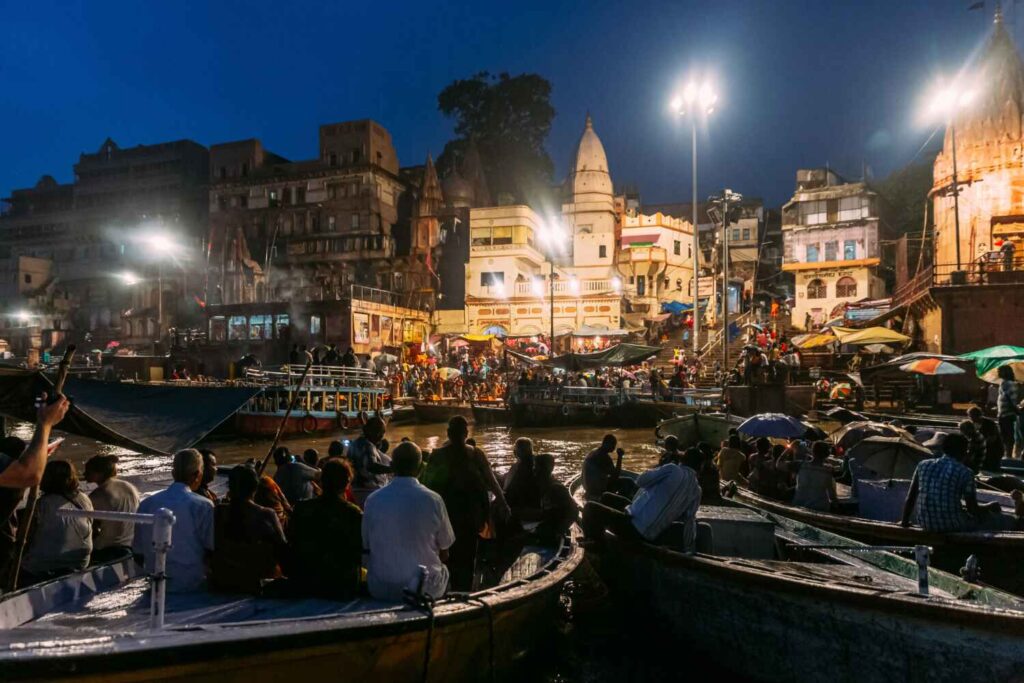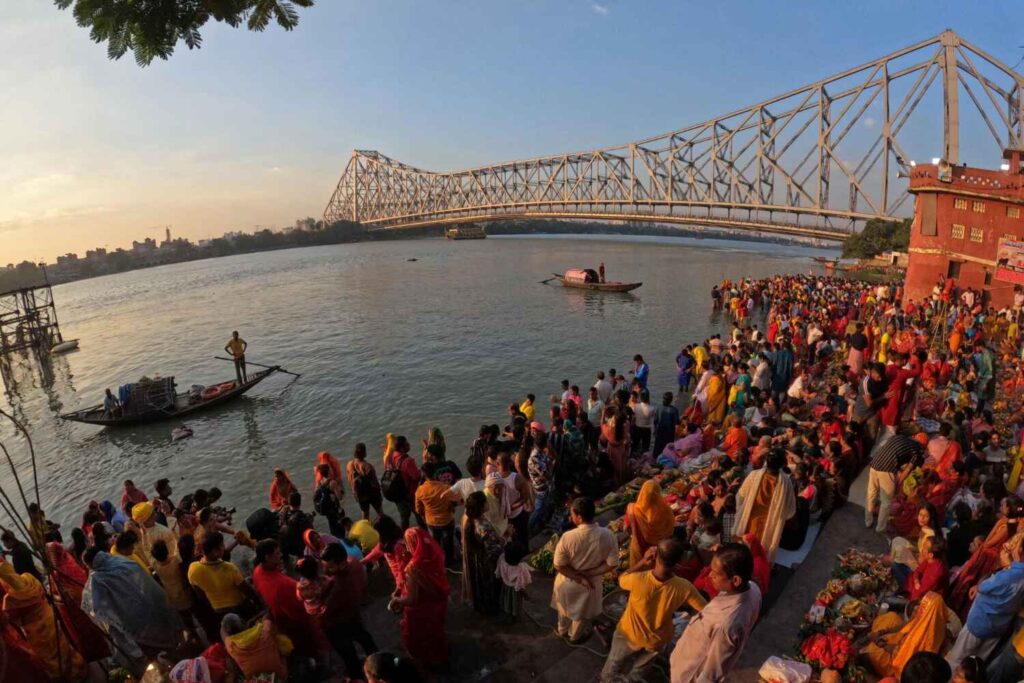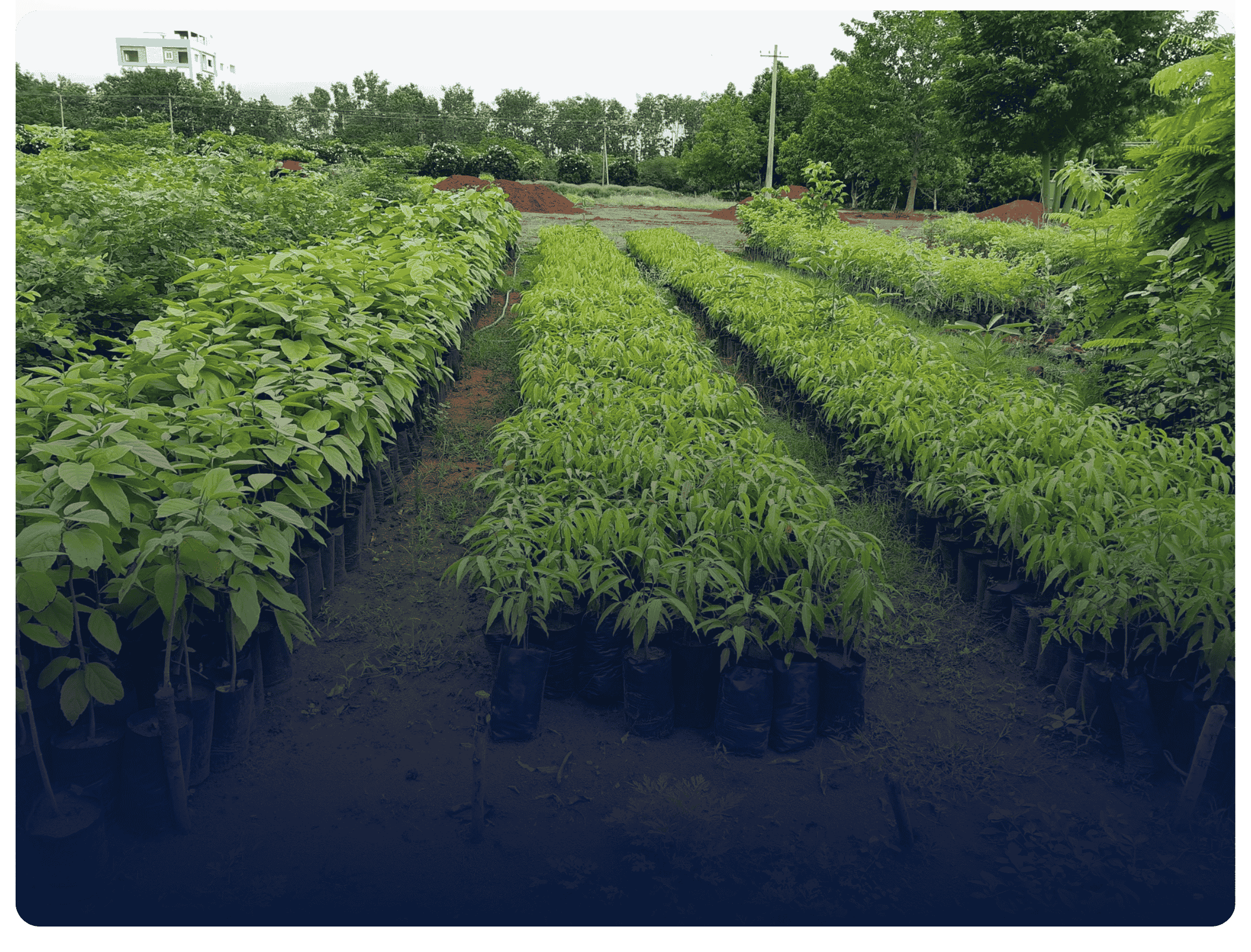Once Upon a Time: A Lifeless Earth Without Water
Billions of years ago, Earth was a barren wasteland—void of oceans, rivers, and even
the tiniest droplet of water. It was a molten sphere of searing heat, with surface
temperatures soaring beyond 4,000°C, hostile to any semblance of life. At this time,
the universe had already formed billions of stars and planets, yet Earth was just
another rocky mass among the countless celestial bodies.
Then, something extraordinary happened. Scientists estimate that around 4.5 billion
years ago, water began to form on Earth. How did it arrive? A combination of cosmic
events—asteroid and comet impacts rich in ice, volcanic activity releasing trapped
steam, and chemical reactions—transformed Earth’s hellish landscape into a planet of
possibility. Water, the elixir of life, had finally made its entrance, and with it, the
potential for something remarkable: life.
The Spark of Life: A Miracle of Water
Water is not just a substance; it is the architect of life. The first microscopic
organisms—primitive bacteria—emerged approximately 3.8 billion years ago, thriving
in deep-sea hydrothermal vents. Over time, life evolved, diversifying into complex
organisms. The Earth’s climate cooled from its scorching origins to temperatures
suitable for biological processes, stabilizing within a narrow band of 0°C to 50°C—a
range in which almost all life exists.
Compared to the extreme conditions of other celestial bodies, this is a miracle. Venus,
our neighboring planet, burns at 475°C, while Mars plunges to a freezing -140°C at
night. Earth alone harbors liquid water, making it a cosmic oasis among lakhs and
crores of barren planets in the universe. Despite centuries of space exploration, no
other planet has been found with conditions remotely close to supporting life as Earth
does.
Water: A Finite Treasure in a Changing World
We often take water for granted, forgetting that it is neither infinite nor permanent.
Earth’s water cycle is delicate, and disruptions in climate patterns threaten its
equilibrium. If Earth were to run out of usable water, civilization would collapse long
before the last drop vanishes.
Global warming, unchecked industrialization, and deforestation accelerate the
depletion of freshwater resources. The situation is starkly evident in arid regions,
where people struggle daily for drinking water. If the current trajectory of climate
change continues, many regions could become uninhabitable within the next 50 to 100
years. Conversely, if Earth were to freeze, as some long-term models suggest in a
scenario of extreme global cooling, life would struggle against a new ice age.
Additionally, Earth’s fragile balance is always at risk of cosmic disasters. A large
asteroid impact, similar to the one that wiped out the dinosaurs 66 million years ago,
could drastically alter our climate, potentially erasing all surface water. A collision with
a massive comet could either vaporize our oceans or bring uncontrolled floods,
reshaping Earth in unpredictable ways.
This moment in time—now—is the most critical juncture for our survival.

The Rivers of Life: Ganga, Yamuna, and Saraswati
In the midst of this delicate balance, we are fortunate to live near three of the most
revered rivers—Ganga, Yamuna, and Saraswati. These rivers are not mere water
bodies; they are the lifelines of millions, sustaining civilizations for thousands of years.
They irrigate lands, quench thirst, and nourish biodiversity. Celebrating their presence
is not an act of ritual alone—it is a reaffirmation of our connection with the very element
that sustains us.
The Kumbh Mela, the largest spiritual gathering in the world, is an ode to water, life,
and the cosmos itself. Millions of people come together to bathe in these rivers,
believing in their purifying and rejuvenating powers. This act, beyond religious
significance, symbolises gratitude—gratitude for the flowing waters that have
sustained generations, gratitude for a planet where rivers still exist, and gratitude for
a climate that still allows life to thrive.
A Celebration of Our Existence
To celebrate rivers is to celebrate life. The very fact that we exist—in the vast cosmic
abyss of hostile planets and dead worlds—is reason enough to revere nature. The
Kumbh Mela is not just an event; it is a reminder. A reminder that we are still blessed
with water, that our lands are still fertile, and that the thin thread of habitability still
holds.
But for how long?
Our actions today determine the fate of future generations. If rivers dry up, if glaciers
melt beyond recovery, and if global temperatures exceed 50°C, human life as we know
it will cease. The transition period—where clean water becomes a luxury—could be
the most challenging phase in human history.
The Looming Climate Crisis: A Call to Action
Climate change is no longer a distant threat—it is happening now. The average global
temperature has risen by 1.1°C since the Industrial Revolution, and if it increases
beyond 1.5°C, catastrophic consequences will follow. Rising sea levels, extreme
weather, and freshwater depletion will make life unsustainable for billions.
How to Save Ourselves:
1. Protect Our Rivers – Stop industrial waste dumping and over-extraction.
2. Reduce Carbon Emissions – Switch to renewable energy, plant trees, and reduce deforestation.
3. Preserve Water Sources – Harvest rainwater, prevent wastage, and use water efficiently.
4. Act on a Global Scale – Governments, industries, and individuals must unite to enforce sustainable practices.

The Final Thought: A Planet Unlike Any Other
When we look up at the night sky, we see millions of stars and wonder—are we alone?
The truth is, for all our searching, we have found no other planet teeming with life.
Earth is unique. It is a rare gem, a fragile miracle amidst a sea of barren worlds.
The rivers, the climate, and the delicate conditions that sustain us today may not last
forever. The Kumbh Mela is not just a festival—it is a profound tribute to the forces that
have shaped our existence. It is a call to acknowledge, to protect, and to cherish the
rivers that give us life.
For if we fail to protect them, the day may come when we look back at these sacred
waters not as life-givers, but as legends of a world that once was.






